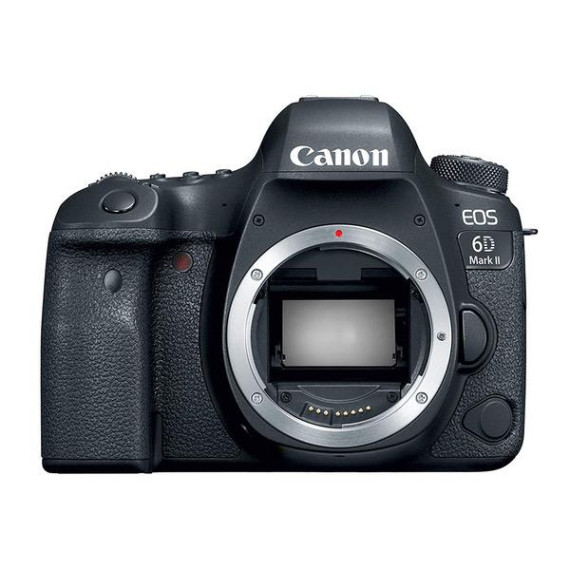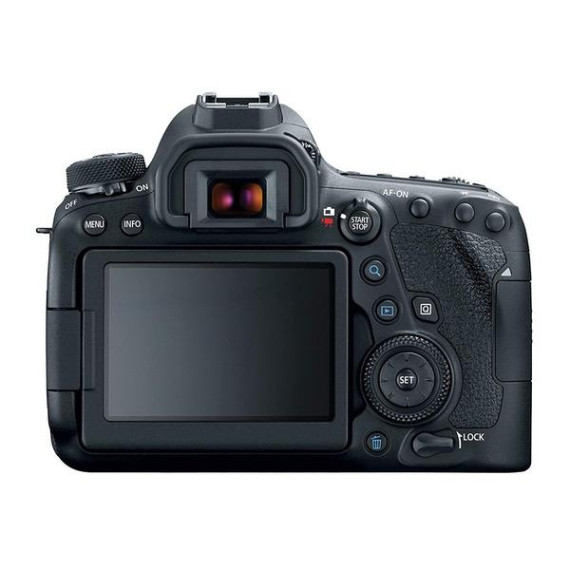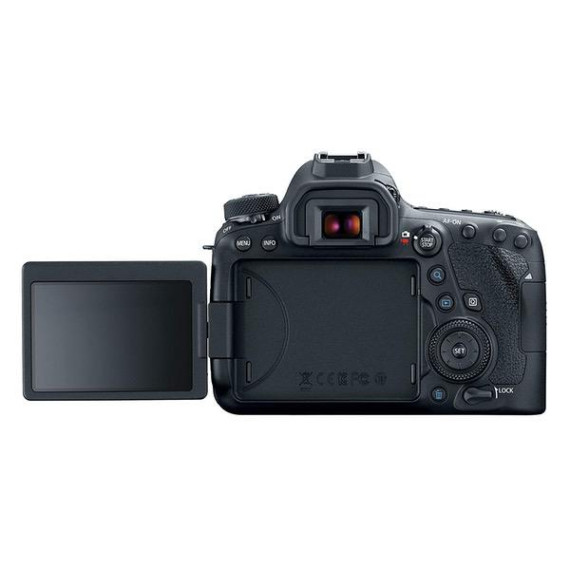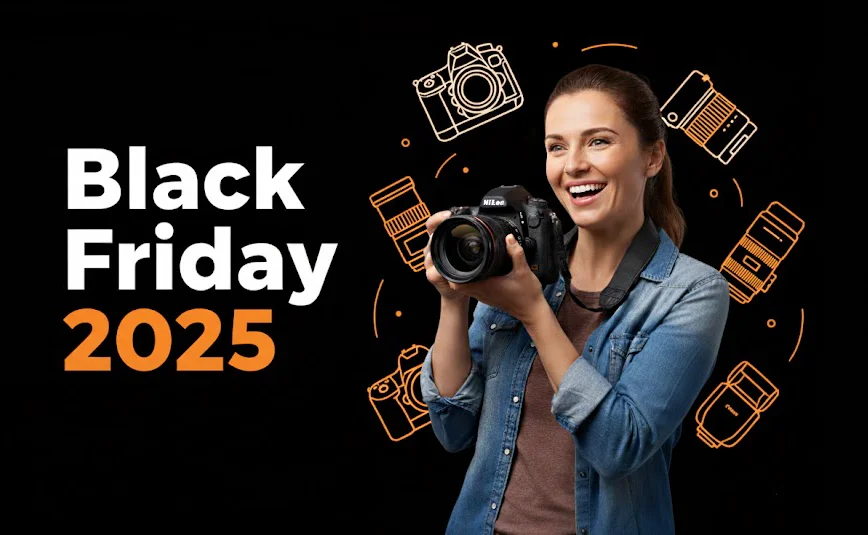C. Harrington
BACKSTORY: I purchased two of the original Canon 6D bodies in 2014 to use as a backup to my two Canon 5D Mark III bodies. It was a "just-in-case" purchase that I could use if my primary camera failed while covering a wedding. Eventually they started to accompany me on hikes, trips, and other daily life routines. Using the less expensive camera for unpaid moments in life just made more sense. Why risk having an accident with my 5D Mark III when I could bring the less expensive Canon 6D, right? It didnt take much time for me to realize that the image quality was superb, dynamic range was acceptable, and ISO performance was not that much different than the 5D Mark III. So I made a cost-savings analysis, ended up selling my 5D Mark III bodies, and purchased 2 Canon 6D bodies with money left to spare. Yes, I have 4 Canon 6D bodies. And yes, I use them to photograph weddings. You can read more about this decision in the "final words" section, but for now lets get to the cream and butter. ---------- REVIEW: ********** WEIGHT and ERGONOMICS: 6D: Approximately 1.6 pounds including battery and SD card. 6D Mark II: Approximately 1.8 pounds including battery and SD card. Difference: Negligible Note: They both weigh virtually the same amount of weight, and both feel virtually the same with one exception. That exception is the rear thumb placement. I personally think the Mark II has a slightly more comfortable rear thumb placement than the 6D does. This solely has to do with the thumb ridge extending onto the SD card slot door. This point is more subjective than objective, but two photographer friends have agreed -- so take that for what its worth. ---------- VIEWFINDER COVERAGE: 6D: 97% coverage 6D Mark II: 98% coverage Difference: 1% Note: A 1% increase in coverage is VERY hard to notice. If I didnt know the 6D Mark II had 98% coverage I would have assumed it had the same as the original 6D because I see absolutely no difference. ---------- VIEWFINDER INTELLIGENCE I dont use it very often, but once-in-a-while I will deploy the 6Ds electronic level for either landscape or real estate photographs and sometimes the grid for still life photos. The pain with using them was the need to switch between two separate LCD live view modes. I would have to use the electronic level, go back to compose my shot, and then check the electronic level again to make sure it was still in alignment. And although the grid was able to be superimposed over images in live view, I still disliked using the LCD screen because it felt unnatural to me. The 6D Mark II has made electronic leveling and grid display available through its "intelligent viewfinder" which is a really neat feature. This means you can now look through the viewfinder and superimpose an electronic level OR grid display onto the screen. Gone are the days of having to use the live view function on the LCD screen to see these features. ---------- LCD SCREEN 6D: 1,040,000 dots, non-articulating & no touch screen features 6D Mark II: 1,040,000 dots, fully-articulating touch-screen I love unique vantage points and try to utilize them as often as I can, especially for getting-ready and dance photos. I routinely hover over the shoulder of hair and makeup artists to get POV photos, and when the dance floor is crammed I put my camera overhead and point it downwards to get a wide-angle, top-down view of people. Both of these caused me to either A: literally be on my tippy-toes while looking through the viewfinder with my chest against the hair and makeup artist, or B: raise my hand in the air on a dance floor and hope for the best -- because I literally could not see what I was shooting. If I had a dollar for every missed focus dance-floor shot I got while doing this I would be a very rich man. The articulating screen on the 6D Mark II eliminates these problems for me. I no longer have to say, "Im going to be right behind you and over your shoulder for a few shots, so dont backup..." Instead I can hold the camera out at arms length and articulate the screen for an easy-to-see live view. And it has eliminated missed focus shots on the dance floor now that I can accurate aim at subjects and no longer have to throw hail-Marys while hoping for the best. I use a Glidecam for real-estate videos and the articulating screen has proven to be a huge convenience for that as well. Just like the dance floor scenario, I used to flip my Glidecam upside down for sweeping ground shots and also to glide closely over furniture and would have to hope for the best because I was unable to see what I was filming. Now I can articulate the screen to face upwards and see exactly what what is being recorded while the camera is down by the floor and Im standing upright. ---------- VIDEO I hate it when my wife says were having pizza for dinner, and when I get home from work I see a hot mess of cheese that originated from the freezer at Walmart. Imagine the disappointment I feel every time that happens and you will understand how underwhelming and disappointing the 6D Mark II video capabilities are. I like shooting at 60fps because it allows me to slow the footage down 50% in post and get silky-smooth slow motion. With the 6D I was forced to choose 1280x720 in order to shoot at 60fps because 1920x1080 had a maximum frame rate of only 30fps. Now with the 6D Mark II I can shoot in 1920x1080 at 60fps, which is a slight improvement. One thing I absolutely could not stand about the 6D was the fact that I needed to manually focus while recording video. Im not good at it, and practice has not made me any better. Anything under f/8 with a moving subject would result in footage where 50% is kinda-sorta in focus, and the other 50% is me trying to get the subject in focus. In other words, it was like looking through the eyes of a heavily intoxicated individual. Some people are very talented and can shoot at f/2 while keeping their subject within the depth of field -- always making manual micro-adjustments to the focus ring as they move. Im certainly not one of those people. Therefore the new dual-pixel continuous AF is a very welcomed feature. I shot video of my 5 year old son riding his bike today at f/1.4 with a Sigma 35mm f/1.4 Art lens, and it was glorious! The 45 cross-type AF points kept him in focus the entire time. It didnt matter if he was riding at a moderate taking-it-easy kind of speed or pedaling as fast as he could, there was absolutely no indication of focusing lag. It was if the continuous drive system was proactive rather than reactive, successfully anticipating where he was going to go next. I was very impressed! Other than those two points, the color rendition for all profiles is still the same, and ISO performance is regretfully not much improved. ---------- MORE ON AUTO-FOCUS 6D: 11 AF points, cross-type limited to center point only. 6D Mark II: 45 points, all cross type. Difference: HUGE! If youre like me and rely on auto-focus for 99.99% of all pictures you take, you may have cursed Canons 6D quite a few times when peripheral AF points failed to lock while the center AF point locked on just about everything -- even under the dim light of a full moon on a cloudy night. If there is one thing I consistently cursed about, it was the need to always lock focus with the trusted center and then recompose for the rule of thirds. This was especially hard during weddings when people were constantly moving during getting-ready photos. I would be a rich man if I had a dollar for every time I locked focus and recomposed only to have my subject move out of focus while shooting between f/1.2 and f/2.8. Take the 6Ds over-competent center AF point and multiply it by 45. Thats what the 6D Mark II is essentially equipped with. I can lock onto a dim star at night with any one of the 45 focus points. Dimly lit churches and dark dance floors are now a walk in the park. After so many years of locking focus and recomposing, its actually quite hard to break that habit when you have an auto-focus system that is abundantly capable with more than just the center point. One thing that baffles, though, me is Canons decision to place all 45 AF points within the same area that the 6Ds 11 AF points are located. While the overall auto-focus ability has been put on steroids, there is unfortunately no increase in AF coverage across the frame. ---------- IMAGE QUALITY As you can see from my sample images, the image quality of the 6D Mark II is astounding. I cant say that the increase in megapixels from 20.2 to 26.2 is a difference between night and day, because its not. Overall it equates to a slightly noticeable increase in detail when an image is cropped, but thats about it. ---------- FINAL WORD You will inevitably come across a plethora of professional photographers who claim that the 6D and 6D Mark II are not worthy of being considered professional grade cameras, and therefore should never be used for a wedding or paid work. But I have to disagree. Having shot with the 5D Mark III for quite some time, I sold them and opted for 6D bodies because the image quality was essentially identical, ISO performance was essentially identical, and the 6D did a better job at focusing in low light conditions. Do not let anyone tell you that the 6D or 6D Mark II are not worthy, because they are! I fully plan on replacing all of my 6D bodies with 6D Mark II bodies. ---------- Note: The 6D Mark II camera, just like its predecessor, is only compatible with Canon EF lenses and Sigma DG lenses. It is not compatible with Canon EF-S or Sigma DC lenses. If this is your first full frame camera and you have only EF-S lenses, you will need to make an additional purchase of new lenses. Addition**** DYNAMIC RANGE: When I originally posted this review, it was brought to my attention that I had forgotten about Dynamic Range. Which is fitting when taking into consideration that Canon forgot about it too. White and black clipping is still a problem when it comes to images that have a lot of inherent contrast. The 6D Mark II spec sheet touts it as having a greater pixel size and pitch than the 6D, which should more than just theoretically translate to an increase in dynamic range. But unfortunately -- in this case -- a hypothetical increase is all that we get because it just doesnt exist. Anything beyond an EV +2 push and youll have an unusable image, regardless of how much you play with the tone sliders.



















